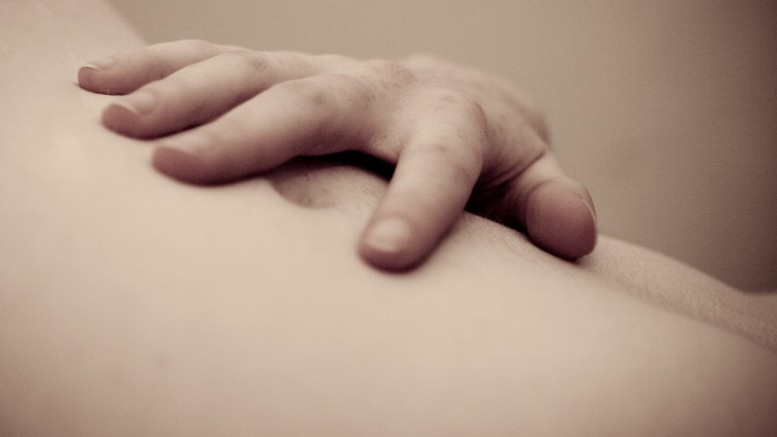The gut and brain connection has recently become a centerpiece for research. Many people claim that improving their gut health has helped them mentally. Many claim that they’ve experienced lower anxiety, relief from depression and even higher mental focus and clarity. The main issue has been that the science has been somewhat lacking in this arena, however, a new study may change that narrative.
A study published in Science Translational Medicine by researchers from McMaster University in Ontario, Canada, seems to confirm the gut-brain connection. Germ-free mice that received fecal microbiota from humans diagnosed with IBS displayed similar behaviors to humans with IBS. This included symptoms of anxiety.
“This [study] is a wonderful demonstration for the functionality of the microbiota, showing gut bacteria from subjects with irritable bowel syndrome can induce both gastrointestinal issues, as well as the anxiety that is co-morbid with IBS,” Sarkis Mazmanian, a professor of microbiology at Caltech who was not involved in the work, wrote in an email to The Scientist.
“The field can often get stuck in simply cataloging gut microbes and asking which species are present or absent during a specific condition. However, this study takes the next steps and addresses how distinct populations of bacteria can directly influence a number of physiological outcomes that are pertinent to the illness,” wrote Timothy Sampson, a postdoc in the Mazmanian lab who also was not involved in the work.
Stool samples from eight patients were used in the experiment. Each of the patients had at least a two-year history with pronounced IBS. Portions of these people’s fecal matters were transported into ten mice. “We know there is constant communication between the gut and the brain, and in IBS and other functional bowel disorders, this communication is altered,” Bercik told The Scientist. “We wanted to understand how the gut microbiota fits in.” After three weeks of research, it was determined that the IBS fecal matters were true, influencing the mice’s mental states of being. They determined that the human’s anxiety symptoms had been transferred to the mice.
When it comes to good gut health, your body needs prebiotics and probiotics. This can sometimes seem a little confusing. Prebiotics are indigestible carbs that probiotics (good bacteria) feed from. A good balance here can mean less anxiety and a more positive outlook on life. For prebiotics, I typically use resistant starches. For example, rice or potatoes that have been cooked and cooled. Unripe bananas are a good source. Jicama, avocados and apple cider vinegar work well. Essentially, for prebiotics, you need a list of carbs that don’t digest and pass on the lower intestine where probiotics feed on them.
G. De Palma et al., “Transplantation of fecal microbiota from patients with irritable bowel syndrome alters gut function and behavior in recipient mice,” Science Translational Medicine, doi:10.1038/nature21356, 2017.


